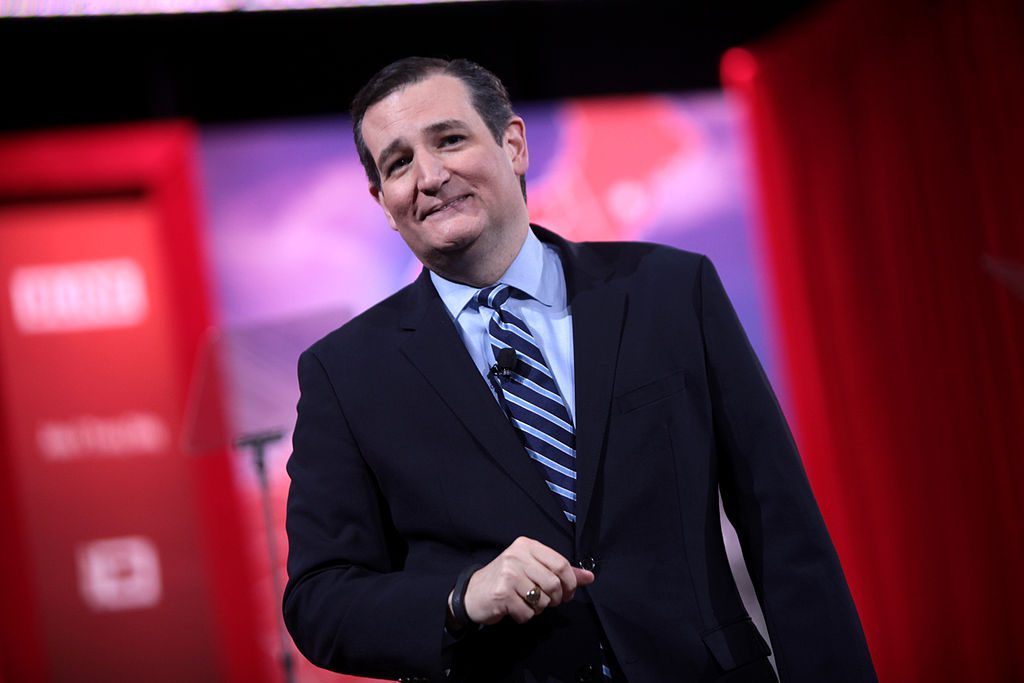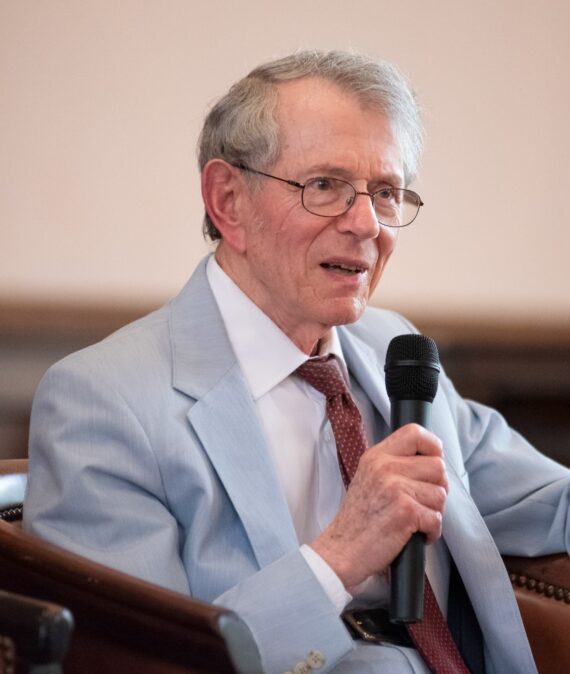By Bryana Braxton
The Republican presidential candidates proposed ways to end poverty during their debate on Feb. 13. As the most-watched debate of 2016, according to a Nielson report, this discussion brought the issue of poverty to a national stage of 14.6 million viewers.
Bread has been working since last year to raise hunger and poverty as election issues. It counts the brief discussion of the topics at the debate as a success and applauds the discussion of the matter among GOP presidential candidates.
The debate was hosted by CBS. Moderator John Dickerson asked Texas senator Ted Cruz how he has been a “warrior for the poor” during his campaign.
“I think it is a very important question because the people who have been hurt the most in the Obama economy had been the most vulnerable. It’s been young people. It’s been Hispanics. It’s been African-Americans. It’s been single moms. We have the lowest percentage of Americans working today in any year since 1977,” he responded.
“And the sad reality is big government, massive taxes, massive regulation, doesn’t work. What we need to do instead is bring back booming economic growth, let – small businesses are the heart of the economy. Two-thirds of all new jobs come from small businesses,” he added.
Dr. Ben Carson also talked about reducing poverty by eliminating some government regulations. Ohio governor John Kasich pledged to expand Medicaid to help the working poor receive health care.
“The issue of poverty is critical, because for me, poverty is free enterprise not reaching people. Today, we have antipoverty programs that don’t cure poverty. We don’t cure poverty in America. Our anti-poverty programs have become, in some instances, a way of life, a lifestyle,” said Florida senator Marco Rubio. He went on to propose turning anti-poverty programs over to the states.
The issue of poverty is a topic of concern for both the presidential candidates and American voters. Many watching the debate tweeted praise for bringing poverty into the debate, including Bread’s president, Rev. David Beckmann.
“3 of 6 Republican candidates mention economic struggles of Americans in closing comments,” Beckmann said.
“We are making hunger and poverty an election issue, so that the president and Congress who take office in 2017 will put us on track toward ending hunger and poverty,” said Beckmann.
More than 100 Christian leaders, as part of the Circle of Protection, sent presidential candidates in both parties a letter asking him or her to produce a video stating how they proposed to provide help to hungry and poor people in the United States and abroad.
Bread has helped distribute 10 videos from the candidates explaining how they would address hunger and poverty on domestic and international levels if elected president.
To learn more about the 2016 presidential candidates’ stances on hunger and poverty, watch the videos on the Circle of Protection’s website.
The Circle of Protection represents a diverse array of Christian denominations, churches, colleges, and agencies across the country. They will not publicly evaluate the policy positions or endorse any candidate.
Bryana Braxton is a communications intern at Bread for the World and a student at American University.
Photo: Texas senator Ted Cruz (R) speaks at CPAC 2015 in Washington, D.C. Gage Skidmore/Wikimedia Commons



